Pregnancy is a time of joy and anticipation, but let’s be real: it’s also a time of swollen feet, aching legs, and morning sickness. As your body works overtime to nurture new life, it’s not uncommon to experience swelling, tenderness, nausea, or even the appearance of varicose veins.
This is where compression socks can come to the rescue. The pain, swelling, and nausea come from increased blood volume and hormonal changes that weaken your body’s physical support. While clinicians recommend strategies like efficient rest, supportive shoes, and soaking your feet a few times weekly, topping the tactics doctors prescribe are compression socks.
Good for pregnancy, great for pain relief, and stellar for swelling, compression socks apply steady pressure to keep blood flowing naturally. They’re an expectant mother’s best friend because they improve circulation, support your feet, and prevent blood from clotting in your legs—all with one simple accessory.
Still on the fence? See if one of these proven benefits solves your physical discomfort.
Fight Foot and Leg Swelling
Treating swollen feet easily tops our list of “What are compression socks good for?” Pregnancy causes edema, or swelling, as your body produces more blood and fluid to support your baby. According to one study, roughly three-quarters of pregnant women experience some kind of edema.
Compression socks can be a game-changer for managing this symptom because they provide extra support and improved circulation. In an interview with Verywell Family, Dr. Marcia Summers explains that compression socks put even pressure on your lower legs to decrease swelling while increasing blood flow in the leg’s veins. They encourage your body to move blood to and from the area, reducing swelling in your calves, ankles, and feet.
Ease Painful Feet, Ankles, and Legs
The second big benefit of compression socks during pregnancy is pain relief. As your uterus grows to support a new baby, it places more stress on your body—especially your lower body. Apart from the pain due to edema, there are several other pain points: blood clots that cause conditions like deep vein thrombosis (DVT), inflammation, stiff joints, and even plantar fasciitis.
Many of these symptoms are due to the increased weight you’re carrying and hormonal changes, which can cause the ligaments in your body to relax and provide less support. The pain relief that compression socks provide is twofold: first, it supports your legs and feet to make up for what you’ve lost; and second, it applies consistent pressure to reduce the severity of inflammation and prevent blood clots from forming.
Prevent Varicose Vein and Deep Vein Thrombosis
The third benefit is the prevention of varicose veins and deep vein thrombosis. Varicose veins are enlarged veins that appear as raised, bluish-purple or red protrusions. They are often hereditary and can be quite painful. Varicose veins form during pregnancy because your blood volume increases by 50%, but the rate at which blood pumps from your legs to your pelvis decreases. This circulatory change happens to support the growing fetus, but the unfortunate side effect is enlarged veins.
Deep vein thrombosis (DVT) is another circulatory condition where a blood clot forms, typically in the deep veins of your legs. DVT causes pain and swelling, but it can also have no symptoms. It’s a serious condition because blood clots may break away and travel through your bloodstream to cause complications elsewhere. By wearing compression socks to increase circulation and blood flow, you can reduce your risk of developing DVT and varicose veins.
Reduce Nausea and Dizziness
Our last (but not least) benefit is the effectiveness of compression socks for nausea and dizziness during pregnancy. Once again, this is thanks to the increased blood flow from compression, which alleviates pregnancy-related nausea symptoms. One study even found that compression socks may help reduce the vomiting experienced in early pregnancy. More than 80% of the participants recommended wearing compression socks during pregnancy at the study’s conclusion.
The ability of compression socks to combat nausea is perhaps lesser-known, but it’s no less beneficial than reducing pain or swelling. Pregnancy often brings morning sickness, and day-long dizziness is a common complaint. While the mechanism of action once again appears to be circulatory improvement, it’s still not clear exactly how they reduce nausea by such a significant amount. Instead, the lived experiences of real women who have seen success make this benefit one you shouldn’t write off.
Healthier & Happier Pregnancy with Compression Socks
Pregnancy is a beautiful journey, but it’s not without challenges. Whether you’re struggling with swelling, pain, nausea, or enlarged veins, you can find relief in a comfortable accessory that goes wherever your feet do. Compression socks can help you naturally improve circulation and prevent problem areas from developing complications as your body changes to accommodate the growing life inside you. The healthier your body is, the happier your pregnancy will be—and the more comfortable you and your baby are.
Compression socks good for pregnancy don’t have to look like medical instruments, thankfully. At Crazy Compression, no matter what stage of pregnancy, you can find fun and funky socks to suit your body perfectly. From wide-calf compression socks to pairs that express your excitement at becoming a mother, Crazy Compression provides expert-designed socks that match your unique style.
Crazy Compression offers a range of socks with 15-20mmHg true graduated compression, meaning they’re tighter around the feet and ankle while gradually decreasing compression as they move up your leg. This design keeps blood flowing toward your heart while increasing circulation in your feet and legs.
Give Crazy Compression socks a try. Your feet—and your baby—will thank you!
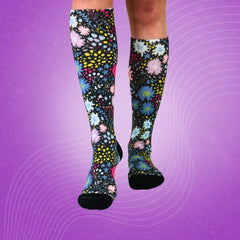
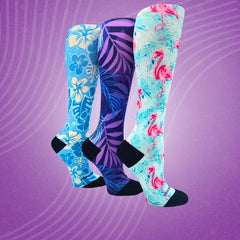
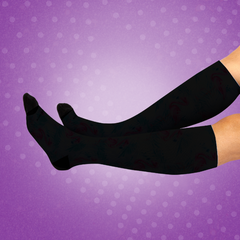
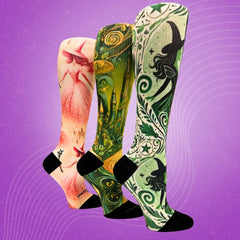
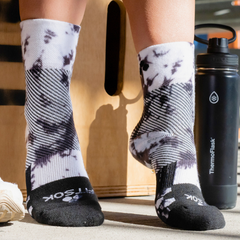
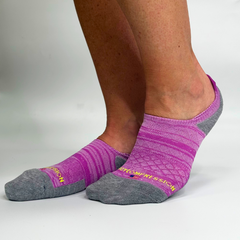
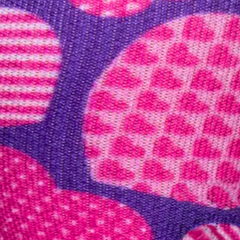








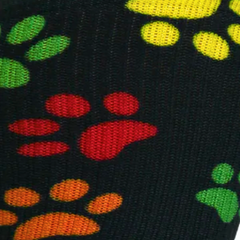
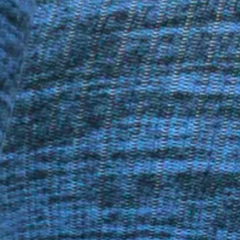


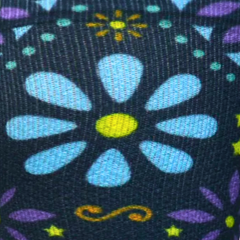

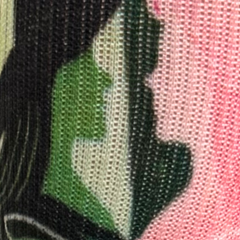


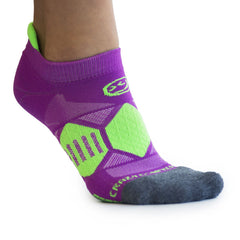

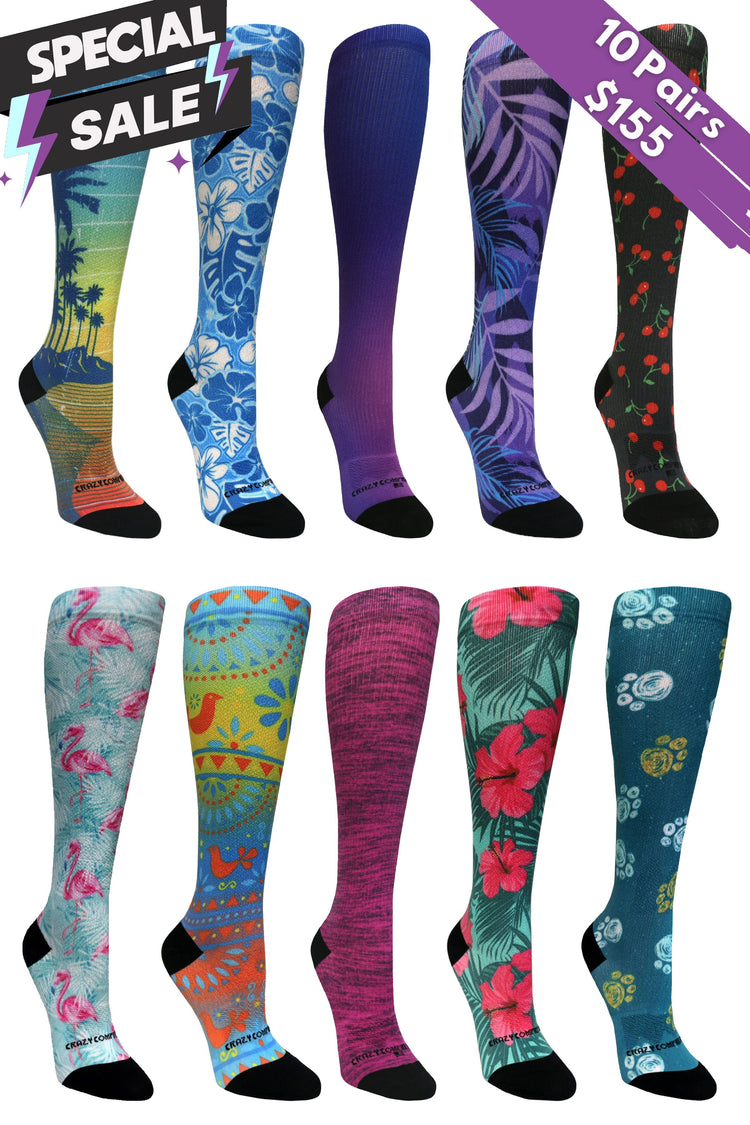



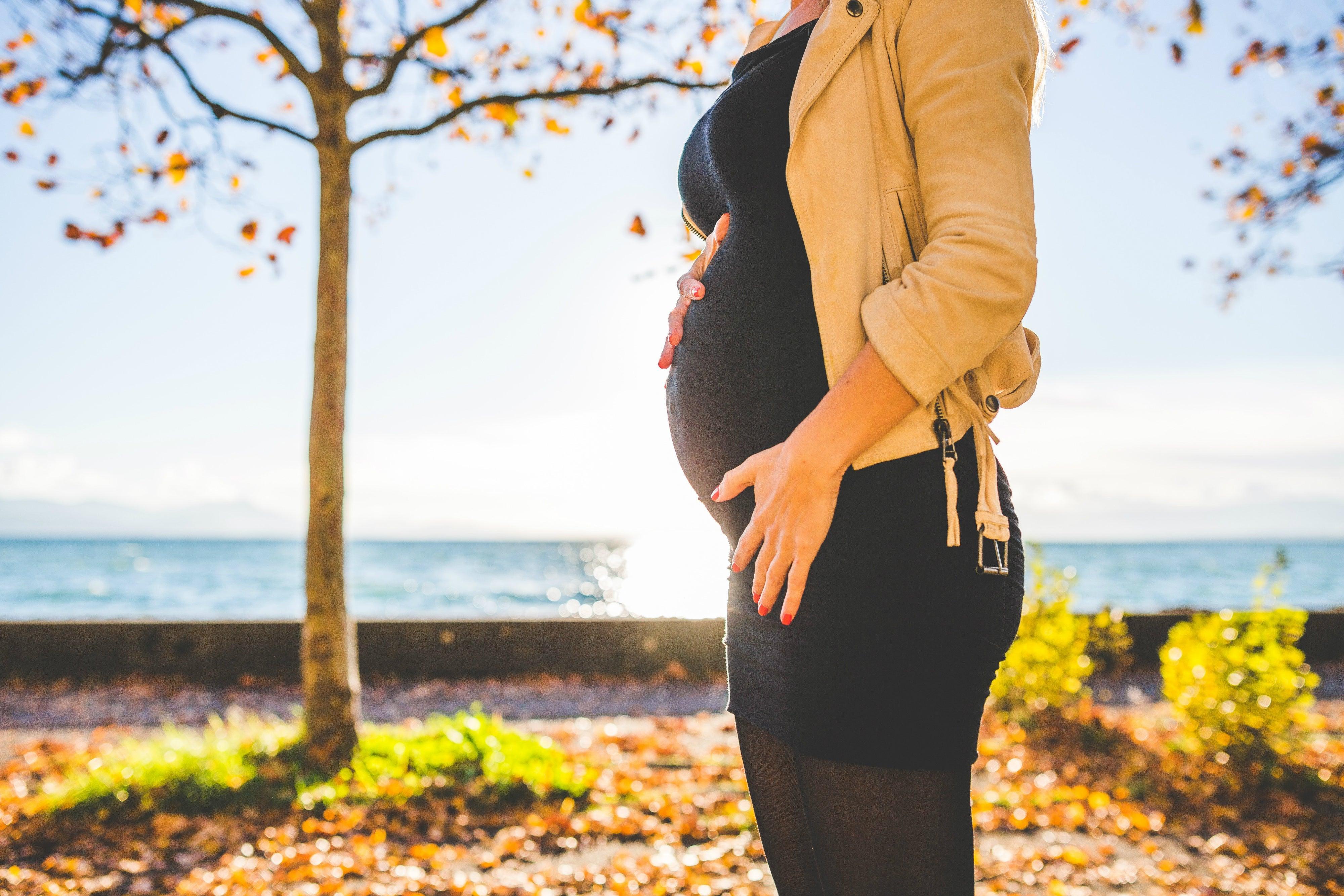
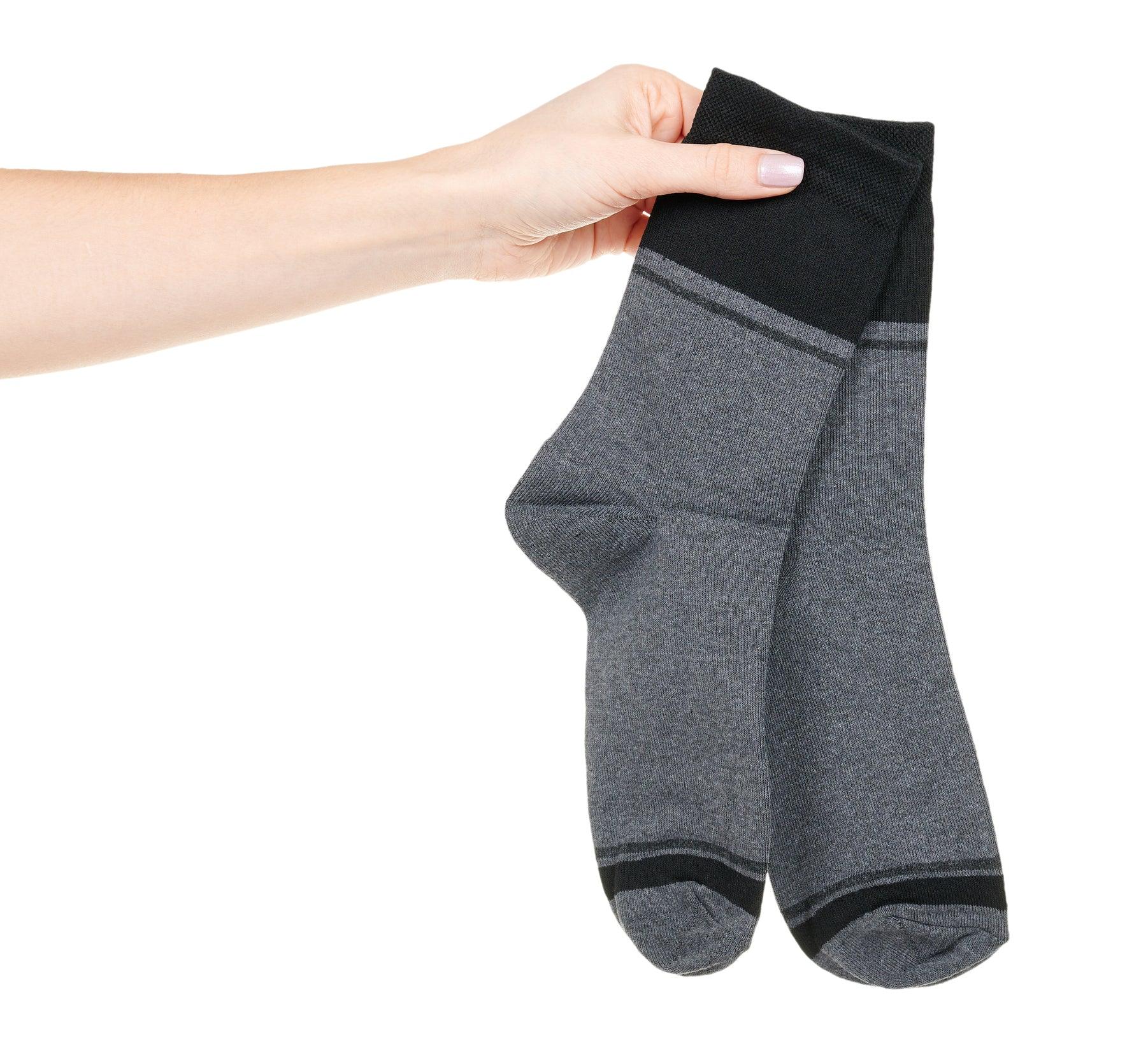
Leave a comment
This site is protected by hCaptcha and the hCaptcha Privacy Policy and Terms of Service apply.